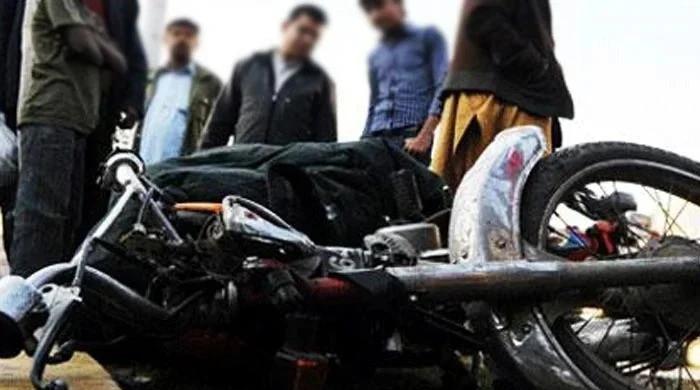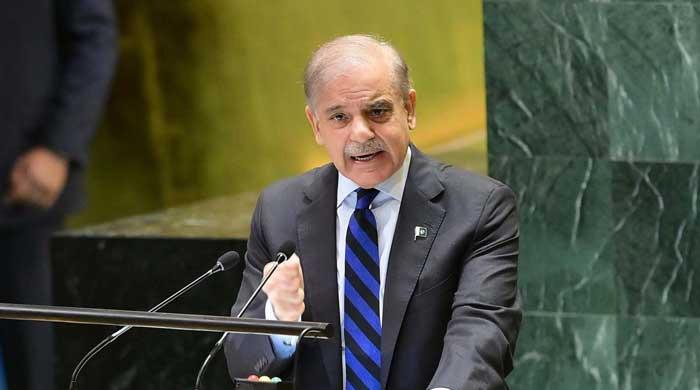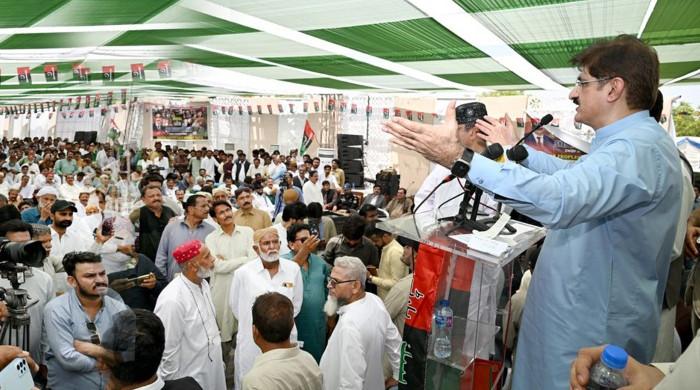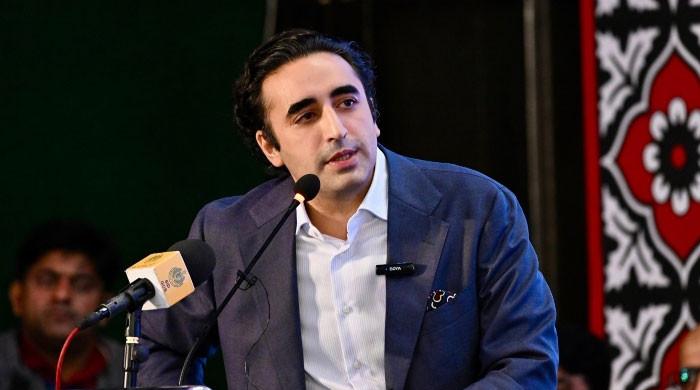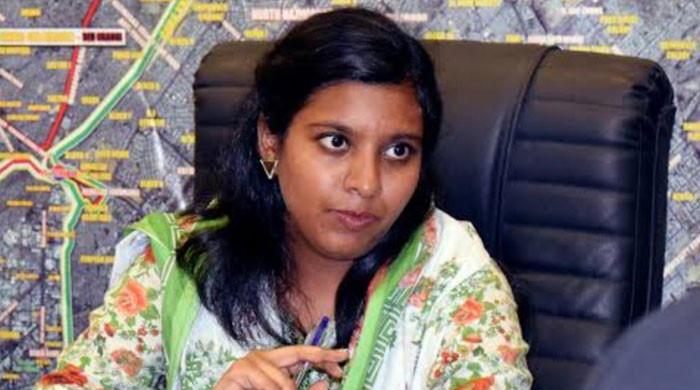Kayani believed Musharraf failed to probe Benazir murder, says Wajid
Former High Commissioner to UK, Wajid Shamsul Hasan, says several PPP leaders have questions to answer over Benazir Bhutto's death
November 09, 2017
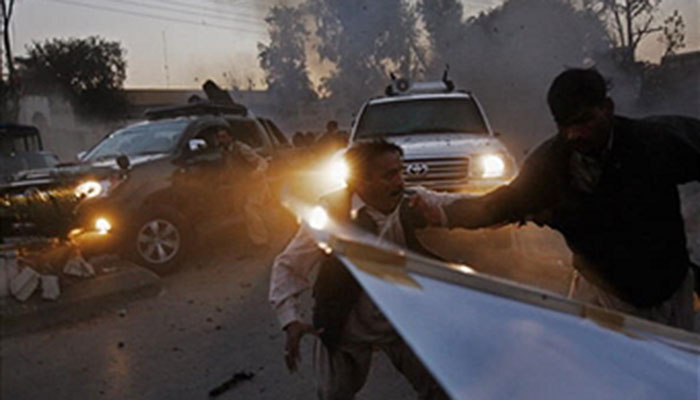
LONDON: Pakistan’s former high commissioner to UK, Wajid Shamsul Hasan, has said that former army chief General (retd) Ashfaq Parvez Kayani told him that the administration of former president and army chief Gen (retd) Pervez Musharraf failed to investigate the assassination of ex-prime minister Benazir Bhutto.
In an interview, Hasan asked how could investigators get to unearth the conspirators behind the assassination of Benazir when the scene of the crime was washed instantly by fire tenders on the orders of Musharraf.
Wajid recalled that in one of the official visits to London, while they sat down to unwind after a dinner by the Ministry of Defence (MoD), he specifically asked army chief Gen Kayani how he, as the then-head of the investigation into the December 2003 attack on Musharraf, managed to trace all those complicit in the incident.
“General Kayani told me that as a standard procedure followed all over the world, the scene of the attack on the president was cordoned and sealed immediately for days. The area was combed and scanned inch by inch during which a mobile telephone chip was recovered. That chip led to the suicide bomber’s accomplice — an on-duty security guard — who was giving the bomber minute by minute instructions of the presidential entourage’s movement,” recalled Wajid.
When the high commissioner asked the army chief that this meant the Musharraf administration failed to conduct a proper investigation into Benazir's murder, ignoring the very basic standard procedures, Kayani responded by a counter question: “How could any professional carry out a proper probe into a crime, the high profile assassination of an ex-prime minister, when all the evidence is destroyed. The need was to take all precautions and care so that no vital piece of evidence escapes the eye. In her case, all normal procedures were thrown to the wind.”
Wajid said that when he asked Gen Kayani about his thoughts on the attack on Benazir, Kayani commented that “even if he were asked to investigate the suicide bombing that killed Benazir Bhutto, how could he have succeeded when all the evidence left on the crime scene was washed away”.
Wajid recalled that Brig (retd) Javed Iqbal Cheema, former director general of the National Crisis Management Cell and spokesperson of the Interior Ministry, told the anti-terrorism court hearing the murder case that the orders to instantly wash the crime scene were received from the Presidency.
Cheema had told the court that the next day of the incident, Dec 28, 2007, he held a press conference on the advice of General Musharraf.
Hasan said he does not believe that Benazir’s killers will ever be found. “No doubt that the Scotland Yard investigators visited Pakistan, but the terms of reference provided to them were incomplete. The UN investigator, Heraldo Munoz, in his book “Getting away with Murder”, however, has pointed a finger at the suspects involved in the crime.”
Hasan is probably the only person who was privy to most of the activities of Benazir Bhutto while she was in exile as he remained by her side throughout and took part in these meetings. He said that Musharraf always told Benazir not to return to Pakistan, adding that he would not allow her to return and guarantee or provide foolproof security. He even threatened her of serious consequences if she did. Moreover, he told her in no ambiguous terms that he will not let her party win in Punjab, claimed Wajid.
When inquired about the role of the people around martyred Benazir, Wajid said several PPP leaders had questions to answer. “Rehman Malik was her security adviser and he along with Babar Awan were in the backup vehicle. Naheed Khan, Safdar Abbasi and late Makhdoom Ameen Fahim were in the same vehicle as Benazir's. Find out who told her to stand up. If I had been in the vehicle I would have pulled her down.”
Wajid recalled: “It was perhaps the happiest moment of my life — though very short lived — when I heard Rehman Malik say on television that Mohtarma had reached home safely after the attack. And then in the next minute it was all over the TV channels that Bibi did not survive in the suicide attack. It came to light later that the backup vehicle had run away with all its distinguished passengers on hearing the boom of the blast.” When asked why her security adviser and others left the scene of the crime, Wajid retorted: “You should also find out who were the people that met General Musharraf hours after Bibi’s assassination that very ill-fated night.”
Asked about former president Asif Ali Zardari's tenure, Hasan said that he went through great ordeals when in government. “Only a man of his nerves could withstand those pressures, he tried to deliver against all odds while being a constant target of attack by media and opposition.”
Originally published in The News





